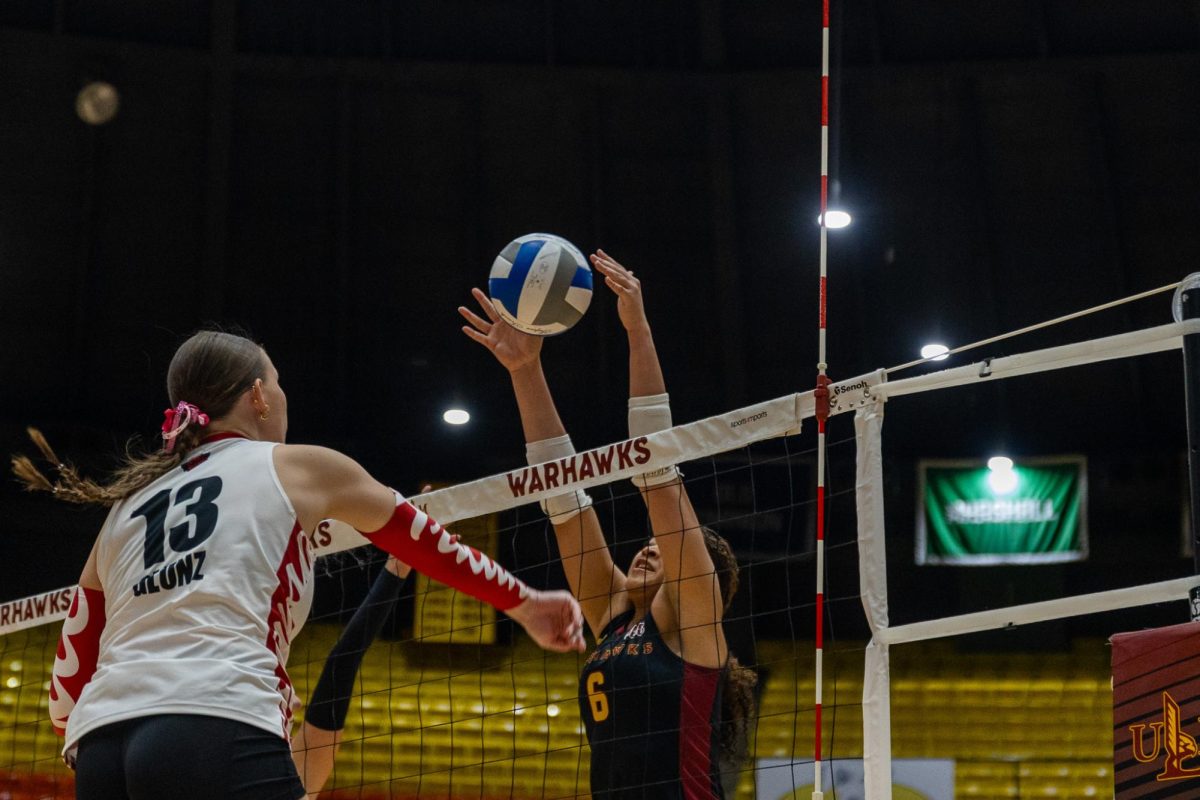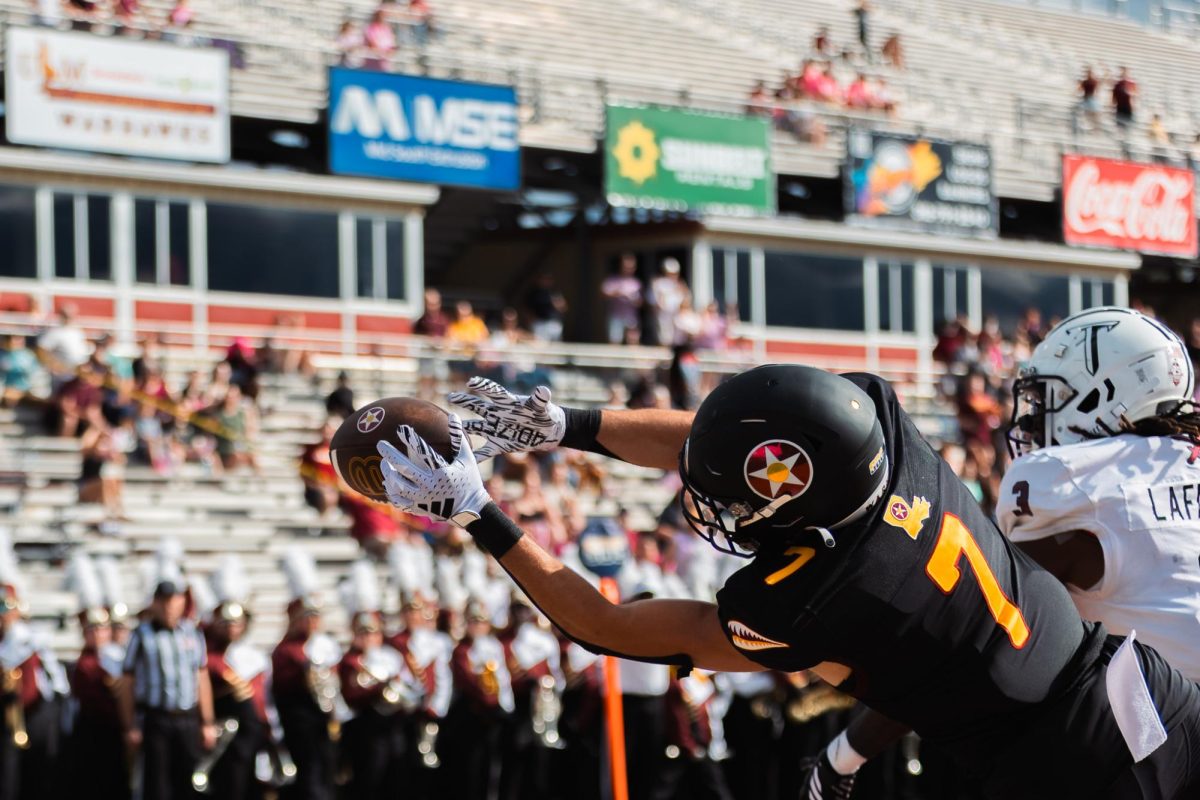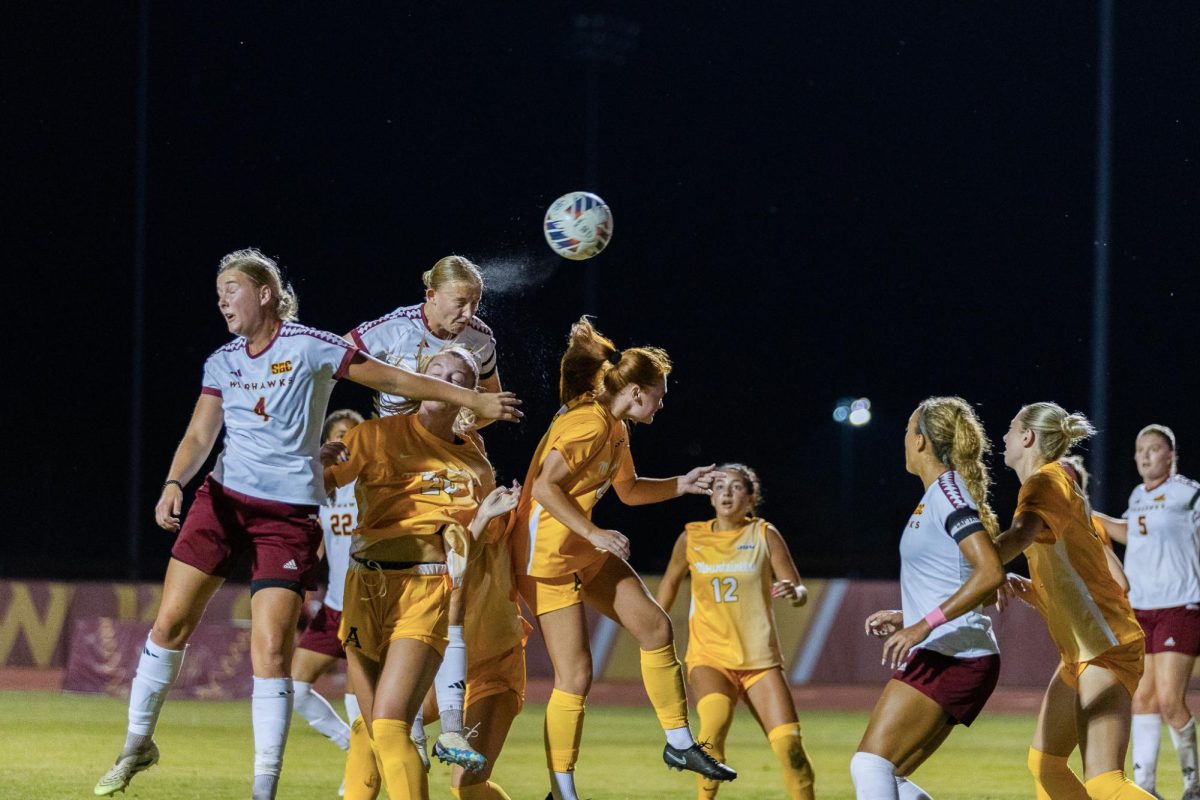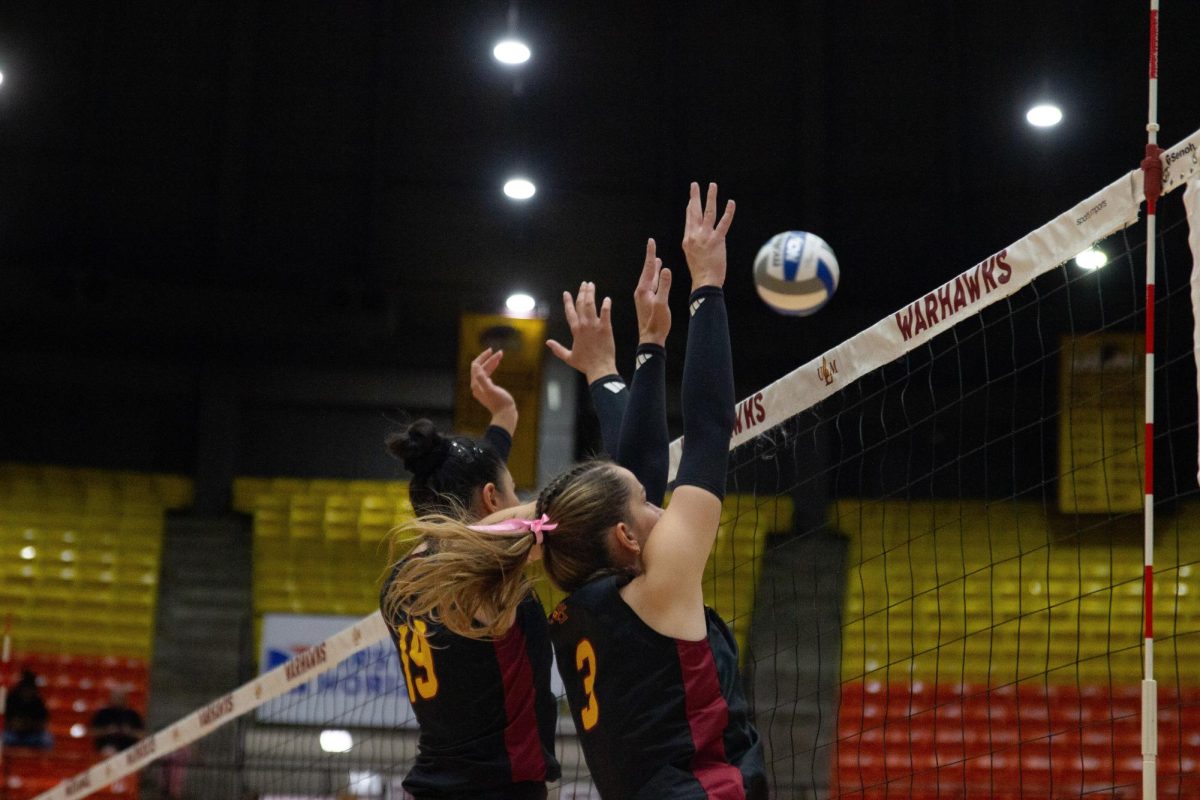College football is at its peak of popularity. The rise of high scoring offenses has helped take it there. So why is a rule on the table that could potentially harm this?The rule was proposed by Air Force’s Troy Calhoun and backed by SEC coaches Bret Bielema and Nick Saban.
The rule would not allow the offense to snap the ball with 30 or more seconds left on the play clock, giving the defense time to substitute every play.
This is being brought up for player safety according to Calhoun. However, it’s important to consider who is backing this rule.
Offensive plays per game are a good indicator of how fast-paced a team’s offense is. The goal of a up-tempo offense is to run a play and get the next play off as soon as possible. Calhoun, Bielema and Saban’s teams ranked 104, 121 and 116, respectively, out of the 125 teams in FBS last season.
Many other coaches have came out against the rule, including Arizona’s Rich Rodriguez, Oklahoma State’s Mike Gundy and Texas A&M’s Kevin Sumlin. They all contest that it’s the offense’s advantage to snap the ball whenever they please.
To make it illegal to snap the ball with 30 or more seconds on the play clock would take the threat that the play could start at any time.
ULM ranked 52 in the nation in offensive plays per game. Like most other teams that run a version of the spread, the hurry up is an important aspect of the offense. The rule would slow down these offenses.
The reason the rule is unfair is that it favors some teams by putting others at a disadvantage.
Teams like Texas Tech, that ran a crazy 90.3 plays per game, would lose a bit of the edge their offense created by keeping the defense on their toes at all time.
Offense makes the game fun. Eventually defenses will catch up and figure out how to stop them.
That’s always been the case. If the coaches don’t like the offensive systems, they should figure out a way to stop them…without using the rulebook.





